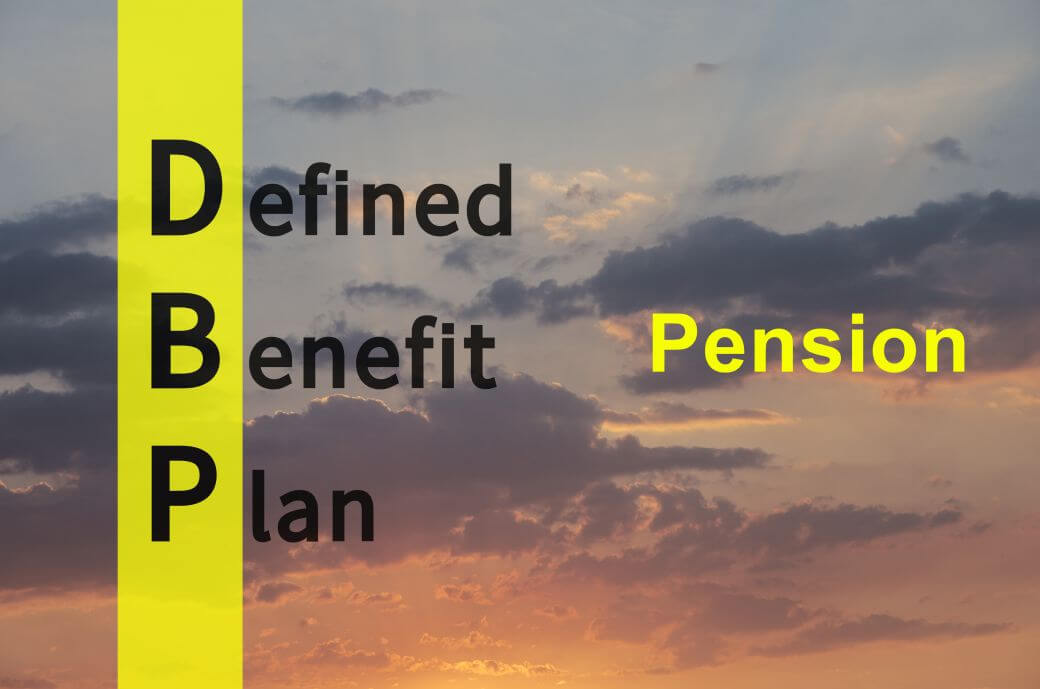What is a ‘defined benefit pension’?
Defined benefit pensions provide a regular income stream paid to you from a superannuation fund. The income can be payable for your lifetime or it can be payable for a pre-determined term. In some cases, the the regular income stream can be paid for the lifetime of your spouse.
It differs from an allocated pension in that the level of payments received is set when the pension commences. It is either –
- fixed, or
- indexed to inflation.
Unlike an allocated pension, the payments are not directly affected by market movements.
What are some features of a defined benefit plan?
There are a number of features that can be included in a defined benefit pension, primarily to ensure payments keep pace with inflation and to preserve some or all of your capital.
A common feature available with defined benefit pensions is indexation of pension payments each year. Indexation may be either to the annual inflation rate, or to a pre-determined rate. In either case, the aim is to ensure that payments each year are sufficient to meet increased costs of living.
A defined benefit pension may guarantee that a certain amount of your capital will be paid to you or your estate when the payment period finishes upon your death. The amount paid at that time is known as the residual capital value (RCV) of the pension.
A pension which pays back all of the capital when it finishes is called ‘100 per cent RCV’. If no capital is payable it will be called ‘nil RCV’.
Upon your death, a defined benefit pension may continue to be paid to another person, usually your spouse. This is known as a reversionary pension. The amount of pension paid to your spouse is usually determined when you first start the pension.
Does a defined benefit pension fund pay tax?
There is no tax payable on the investment income in a defined benefit pension fund: or indeed on the earnings of any superannuation assets allocated to the payment of pensions. This zero-rate applies to all forms of investment income such as interest, dividends, distributions and realised capital gains derived by such funds.
Since the government changed the rules relating to superannuation pensions subsequent to the announcement of the Budget provisions for the 2016-17 year, the amount from which pension income can be paid is capped at $1.6 million. Amounts in excess of this value as at 30 June 2017 will have to be rolled back into accumulation phase. There are special rules that apply to defined benefit funds: depending on the type of defined benefit fund you have, the information in the linked Budget document may be helpful in your situation.
Are defined benefit pension payments taxed?
Defined benefit pension payments are taxed as ordinary income in your hands, with certain tax concessions available because superannuation money was used to buy the pension. Part of your pension payment, depending on your components, may be tax free. If you are aged 55 or over, you will receive a tax rebate of 15 per cent on the taxable amount of your pension payments from a taxed source. Once you reach age 60, taxed pensions become tax free in your hands.
Pension payments from an untaxed source, such as certain government and employer pensions, will receive a 10 per cent rebate where paid to a person over the age of 60 who has not yet formally retired. Under the age of 60, the payments are simply assessable income.
There are revised rules in relation to the tax impact on defined benefit pensions that came into effect as a consequence of the 2016 Federal Budget: the above referenced Budget document also provides detail as to how the change may effect your situation.
What are some benefits of defined benefit pensions?
Defined benefit pensions:
- Give you a guaranteed income for an agreed period of time,
- Are a tax effective way of using your accumulated superannuation benefits,
- Allow your retirement income to grow with inflation, thus retaining your standard of living,
Non-purchased defined benefit pensions are not assessable under the Centrelink assets test.
Your action to ensure best outcomes from your defined benefits superannuation account –
The experienced advisers at Continuum Financial Planners Pty Ltd are available to assist you in making the most beneficial decisions in relation to your defined benefit superannuation account, whether still in accumulation phase or you are already drawing a pension. We listen to your circumstances, confirm our understanding of your financial independence and wealth protection concerns; and have solutions that will provide for your best interest for your future.
To hear how we can help, arrange a meeting with one of our experienced advisers by –
- phoning our office on 07-34213456, or
- at your convenience, use the linked Book A Meeting facility.
(This article was originally posted by us in August 2009. It has occasionally been updated/ refreshed, most recently in April 2025.)


